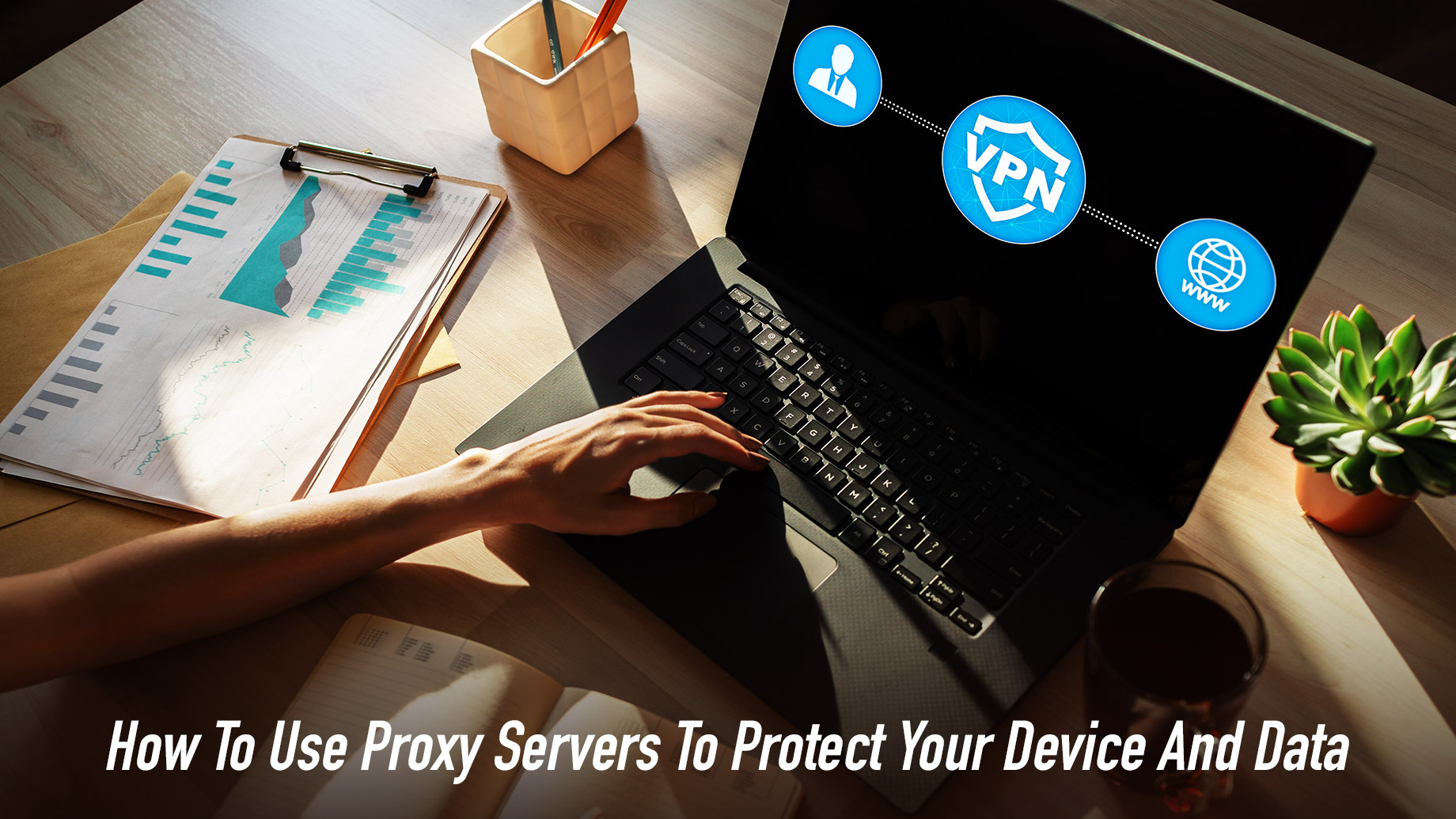Exploring The Types Of Proxy Servers And Their Applications
In today's world of internet privacy concerns, many people are turning to proxy servers as a way to keep their online activity private. But what is a proxy server, and should you risk using one?
A proxy server is essentially a gateway between your computer and the internet. When you connect to the internet, your computer sends requests to various websites for information. A proxy server intercepts these requests and sends them on to the website on your behalf, meaning that the website sees the proxy server's IP address instead of your own. This can be useful if you want to keep your online activity anonymous, as your IP address can reveal your physical location and other identifying information.
However, there are a number of risks associated with using a proxy server. Here are some of the key things to consider:
1. Security Risks
One of the biggest risks associated with proxy servers is the potential security issues they can create. Because proxy servers intercept your requests and pass them on to a third party, it can be difficult to know who is actually processing your data and what they are doing with it. If you're not careful, you could end up sending sensitive information (such as login credentials) through a proxy server, leaving yourself vulnerable to hackers and data breaches.
2. Performance Issues
Another potential downside of using a proxy server is the impact it can have on your internet speed and performance. Because all of your requests have to pass through a third-party server, there is a chance that your internet connection could slow down or become unstable. This can be particularly problematic if you're trying to stream video or download large files, as slow speeds can lead to buffering and other issues.
3. Unreliable Proxies
Another concern when it comes to proxy servers is the reliability of the services themselves. While there are many legitimate proxy providers out there, there are also plenty of scams and unreliable services. Using an untrustworthy proxy server can leave you vulnerable to a range of issues, from security breaches to slow speeds and unstable connections.
4. Legal Risks
Finally, it's worth noting that using a proxy server could potentially put you in legal jeopardy. While proxy servers themselves are not illegal, they can be used for illegal activities (such as accessing copyrighted content or carrying out cyber attacks) which could put you at risk of legal action. It's important to be aware of the potential legal implications of using a proxy server, and to ensure that you use it responsibly and within the bounds of the law.
So, should you use a proxy server? The answer depends on a number of factors, including your level of technical expertise, your security concerns, and the type of activities you are engaging in online. If you are looking for a way to keep your internet activity private, a proxy server can be a useful tool. However, it's important to ensure that you choose a reputable provider and that you use the service responsibly to avoid any potential security or legal issues.
In conclusion, while a proxy server can be a useful tool for keeping your online activity private, it's important to approach its use with caution and awareness of the potential risks involved. Ultimately, the decision of whether or not to use a proxy server is up to you and your individual needs and circumstances.




Post a Comment for "Exploring The Types Of Proxy Servers And Their Applications"